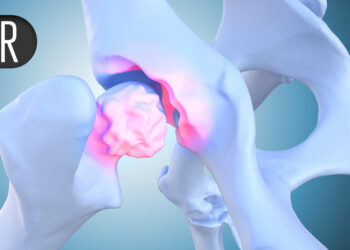
NHS talking therapies give people access to science-based self-help interventions and psychotherapy
Galina Zhigalova/Getty Images
A type of psychotherapy available on the national health service (NHS) in England seems to benefit teens and young adults with anxiety and depression less than their working-age counterparts.
Clinical trials looking into effects of psychotherapy for common conditions such as anxiety and depression have mostly targeted working-age adults, despite often first appearing in adolescence and young adulthood, says Argyris Stringaris at University College London.
In 2008, NHS England initiated a programme to increase people’s access to science-based self-help interventions and psychotherapy. Now known as the NHS talking therapies for anxiety and depression, it offers researchers a large database of anonymous information about users, therapies and outcomes.
Stringaris and his colleagues used this data to analyse outcomes for more than 1.5 million people who used the talking therapies from 2015 to 2019. Just over 1.2 million of them were aged 25 to 65, while the rest were aged 16 to 24. Around two-thirds in both groups were girls or women.
The researchers compared changes in their symptom severity before and after therapy, measured via answers to two standard self-assessment surveys used for this, the Patient Health Questionnaire-9 and the Generalised Anxiety Disorder Scale 7-item.
They found that the scores on these improved by about 35 per cent in people aged 16 to 24, compared with around 41 per cent in those aged 25 to 65. Those in the younger age group were also about 20 to 25 per cent less likely to be considered recovered or to reach a level of improvement that counts as a significant change.
This translates into thousands of young people each year who might have recovered if they had responded to treatment as effectively as older adults, says Stringaris. “It is critical that mental health services think about potentially tailoring their pathways towards care that better suits younger people.”
Several factors could play a role in these differences, such as a generational gap in the effects of things like social media and online dating on mental well-being, says Stringaris. Data also indicates that young people are more likely to skip scheduled sessions without cancelling, leading to poorer outcomes.
The paper highlights an imbalance that warrants further investigation, says David Clark at the University of Oxford. “Once you start probing, you find lots of things – and you can change them. I view this paper as the start of what should be a fairly successful journey.”
Still, it is important to consider the “incremental benefit” of therapy, meaning how users fare now compared with how they might have done without any treatment at all, he adds. “You’re getting [young] people at a time of enormous transition in their lives, as they’re going in and out of colleges and trying to get jobs, with things quite unstable in terms of their living circumstances,” says Clark. “So it’s possible that the young people in this paper would have had worse outcomes without therapy than the older people, and the incremental benefit of therapy may not be lower.”
Adrian Whittington at NHS England says the talking therapies provide support to more than 1 million people a year, most of whom receive treatment within six weeks. “We would urge them to come forward for care,” he says.
Topics:
Source link : https://www.newscientist.com/article/2491539-nhs-talking-therapies-seem-to-be-less-effective-for-younger-adults/?utm_campaign=RSS%7CNSNS&utm_source=NSNS&utm_medium=RSS&utm_content=home
Author :
Publish date : 2025-08-06 23:30:00
Copyright for syndicated content belongs to the linked Source.














